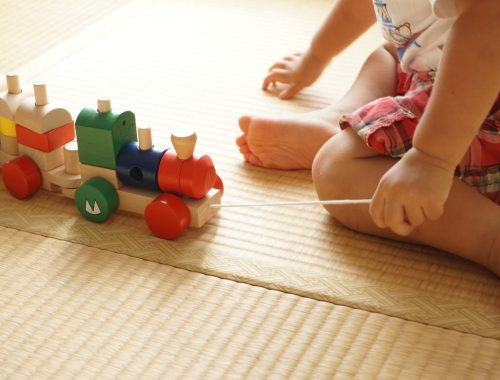
Parenting a Child with ADHD
Attention deficit hyperactivity disorder (ADHD) is a prevalent neurodevelopmental condition that affects individuals of all ages, from children to adults. It is a complex disorder characterized by a combination of symptoms, including inattention, hyperactivity, and impulsivity, which can significantly impact various aspects of an individual’s life.
Parenting a child with ADHD can be both a challenging and rewarding experience. It requires patience, understanding, and a proactive approach to address the unique needs and difficulties associated with the condition.
Children with ADHD often face academic, social, and emotional challenges that can affect their self-esteem and overall well-being. As a parent, it is crucial to provide the necessary support, guidance, and resources to help them navigate these challenges and reach their full potential.
In this comprehensive guide, we will delve into the world of ADHD, exploring its characteristics, the challenges it poses, and practical techniques for managing and nurturing children with ADHD.
By gaining a comprehensive understanding of ADHD and implementing proactive strategies, parents can create an atmosphere of acceptance, empathy, and growth, fostering their child’s self-esteem, resilience, and success in various domains of life. Together, we will embark on a journey to navigate the challenges, celebrate the achievements, and empower children with ADHD to thrive and flourish.
Here are some challenges that parenting a child with ADHD poses:

Behavioral challenges
Children with ADHD may exhibit behaviors such as fidgeting, talking excessively, interrupting, and not following directions. These behaviors can be disruptive and challenging to manage.
Academic challenges
Children with ADHD may have difficulty paying attention in class, staying on task, and completing schoolwork. This can lead to academic problems and underachievement.
Social challenges
Children with ADHD may have difficulty making friends, following social rules, and understanding social cues. This can lead to social isolation and peer rejection.
Emotional challenges
Children with ADHD may experience emotional problems such as anxiety, depression, and low self-esteem. These problems can be difficult to manage and can impact the child’s overall well-being.
It is important to remember that every child with ADHD is different. Some children may experience more challenges than others. However, with the right support, children with ADHD can thrive and succeed.
Here are some tips for parenting a child with ADHD:

Set clear expectations and rules
Children with ADHD need clear and consistent expectations in order to succeed. Make sure that your child knows what is expected of them and what the consequences will be if they do not meet those expectations.
Be patient and understanding
Children with ADHD can be frustrating at times, but it is important to be patient and understanding. Remember that they are not trying to be difficult, they are just struggling with their ADHD.
Provide structure and routine
Children with ADHD thrive on structure and routine. Help them to create a daily schedule that includes plenty of time for both work and play.
Encourage physical activity
Physical activity can help to improve focus and concentration in children with ADHD. Encourage your child to participate in activities that they enjoy, such as running, swimming, or playing sports.
Get professional help
If you are struggling to parent your child with ADHD, don’t be afraid to get professional help. There are many resources available to help you and your child, such as therapists, counselors, and support groups.
Here are some additional tips for parenting a child with ADHD:

- Be a good role model. Children learn by watching the adults in their lives. Model the behaviors that you want to see in your child, such as paying attention, staying on task, and being organized.
- Break tasks down into smaller steps. Children with ADHD can often be overwhelmed by large tasks. Break down tasks into smaller, more manageable steps to help your child stay focused.
- Use positive reinforcement. When your child does something well, be sure to praise them. Positive reinforcement can help to encourage good behavior and build self-esteem.
- Avoid power struggles. Children with ADHD often have difficulty with impulse control. Avoid power struggles by setting clear expectations and being consistent with consequences.
Parenting a child with ADHD can be challenging, but it is also rewarding. By following these tips, you can help your child to succeed and thrive.
You May Also Like

A Guide to Selecting the Perfect Floor Mat for Your Baby’s Safe and Cozy Play Area
2023-11-30
7 Quirky Childcare Hacks You Won’t Find in Parenting Books
2023-10-12

